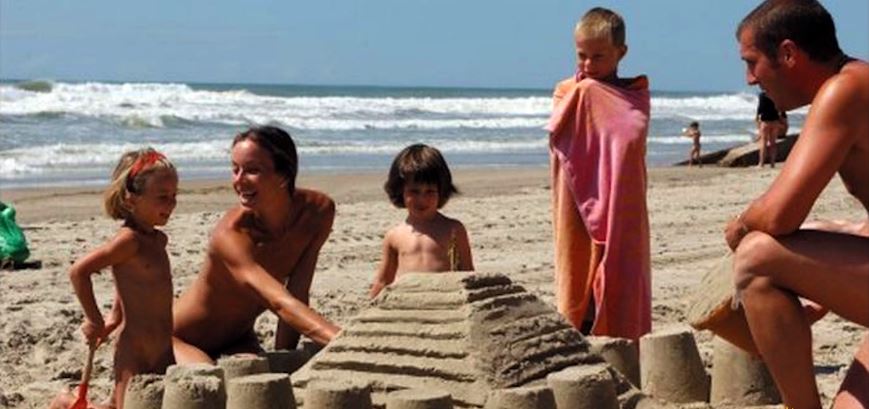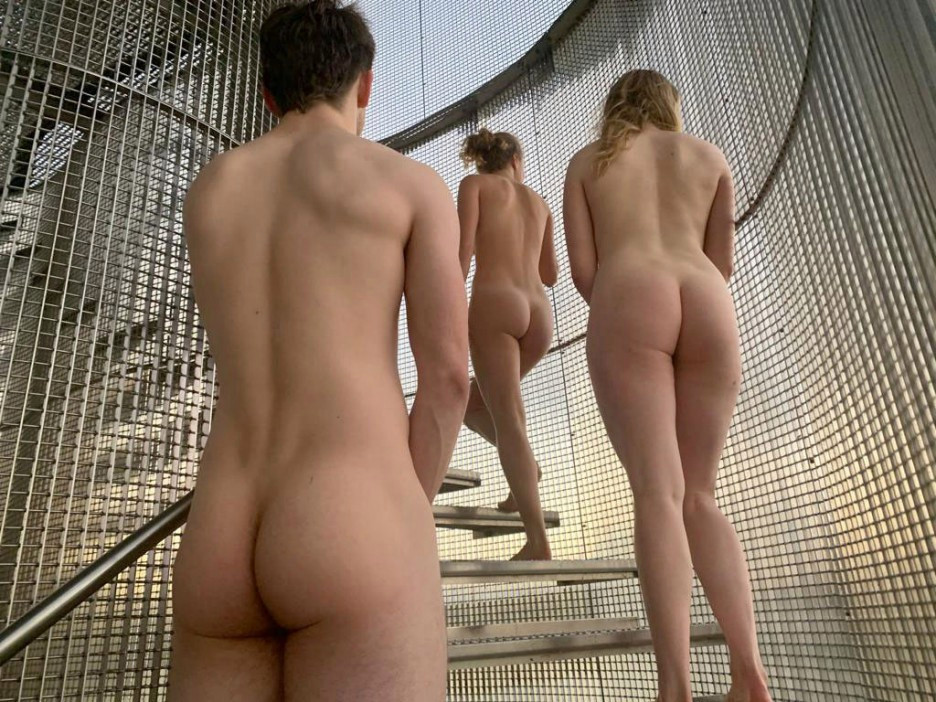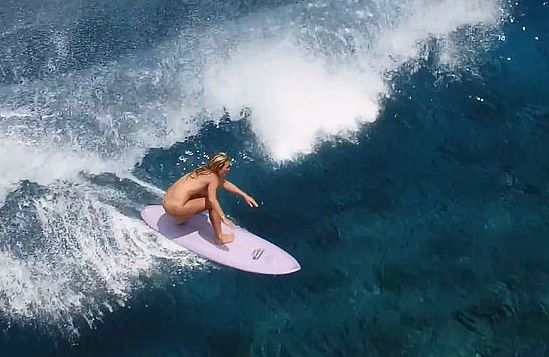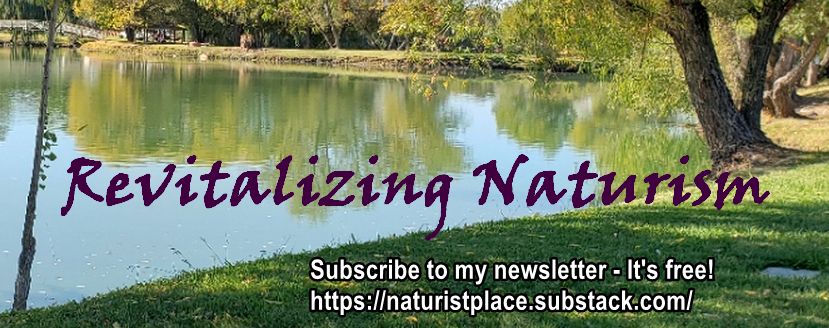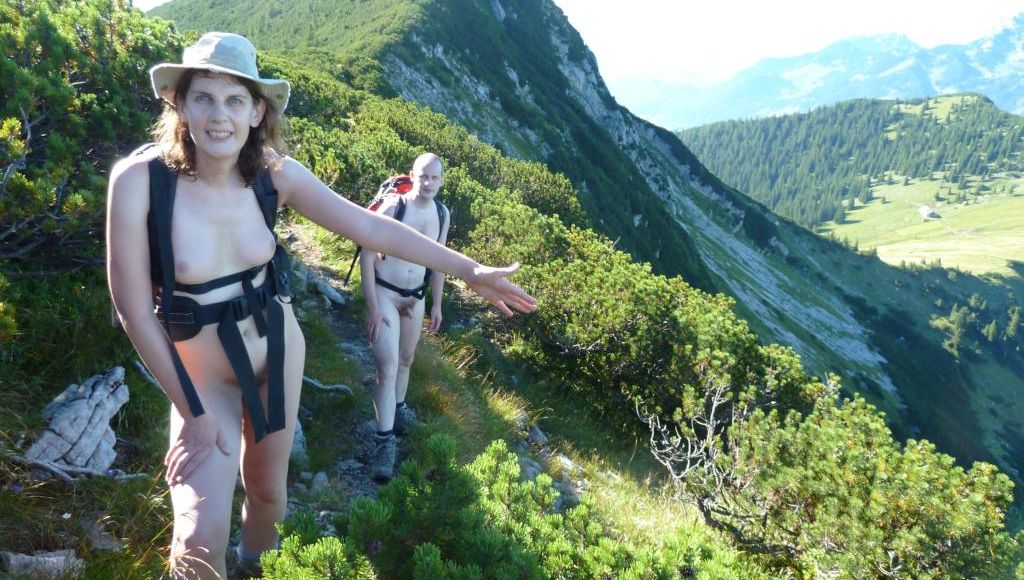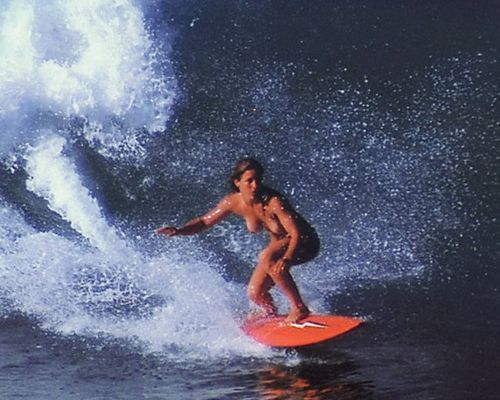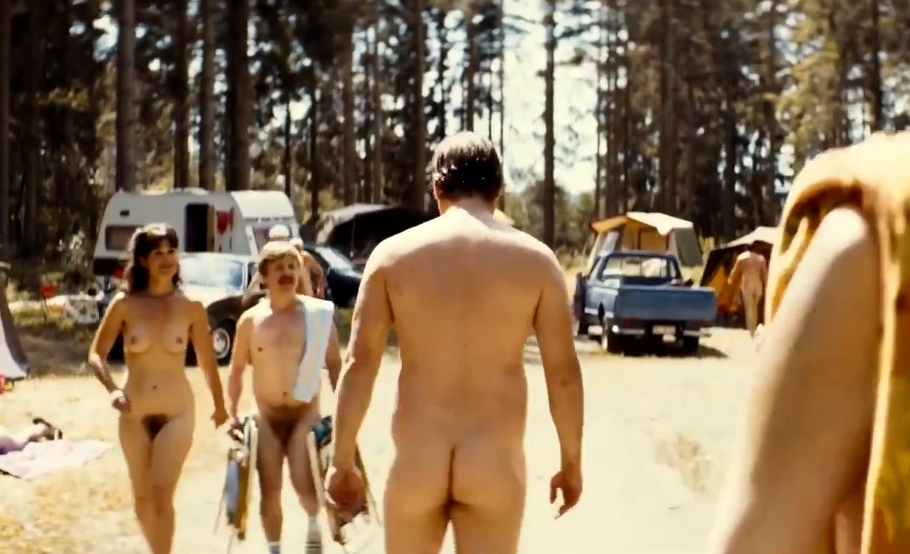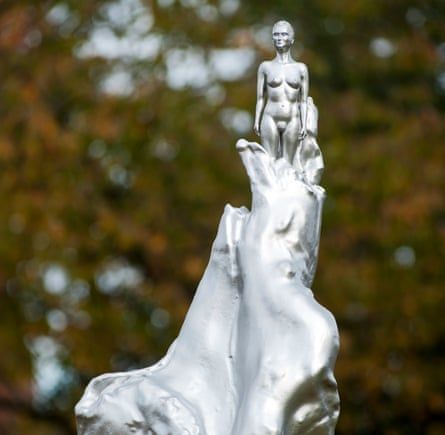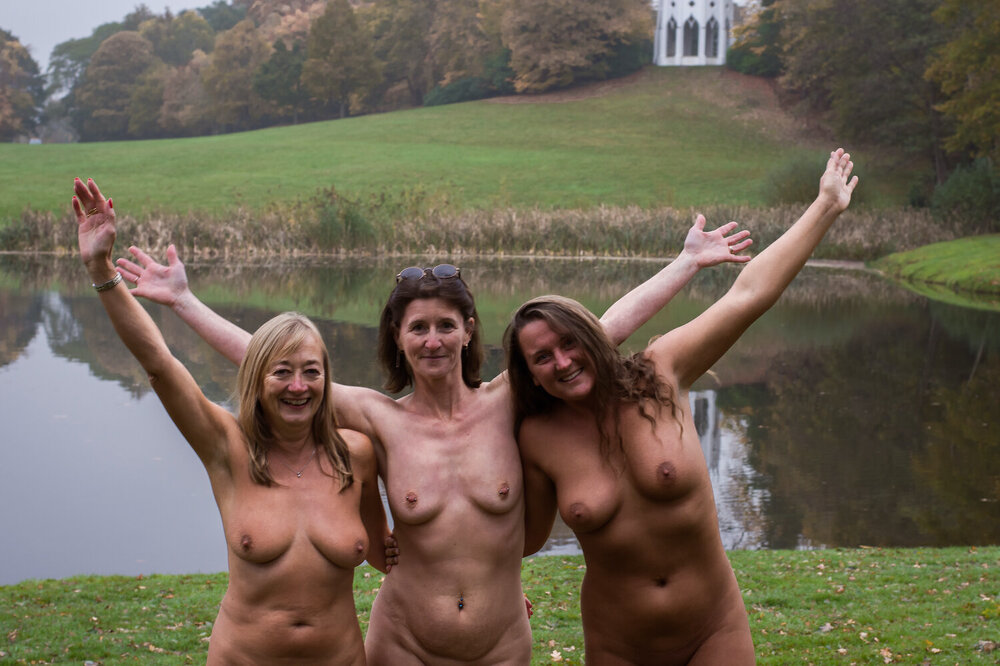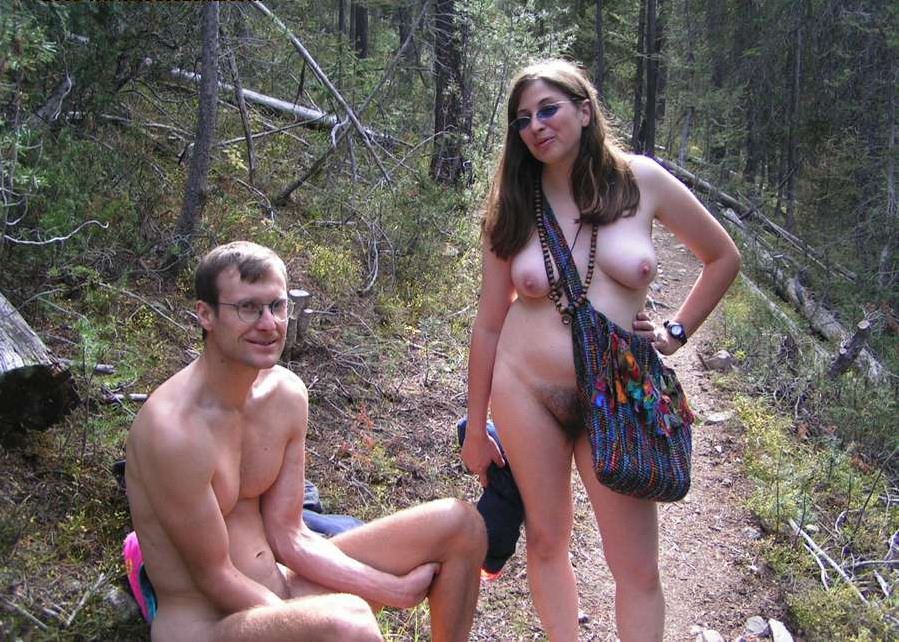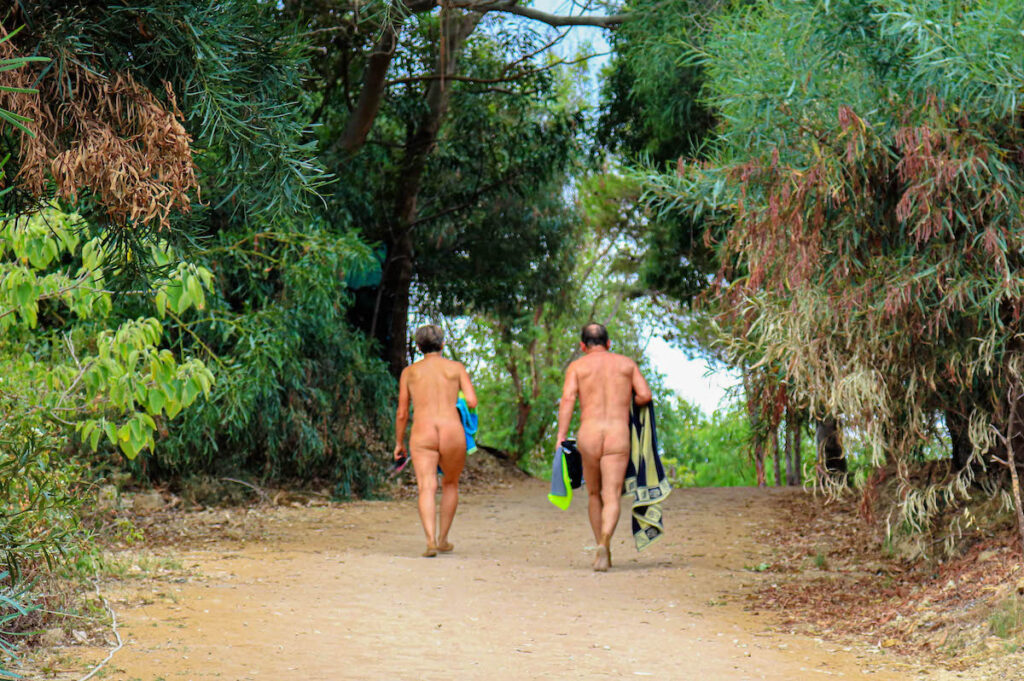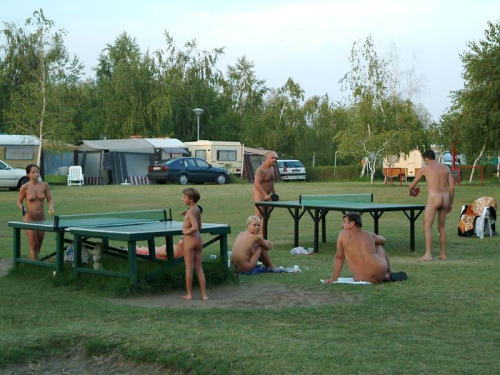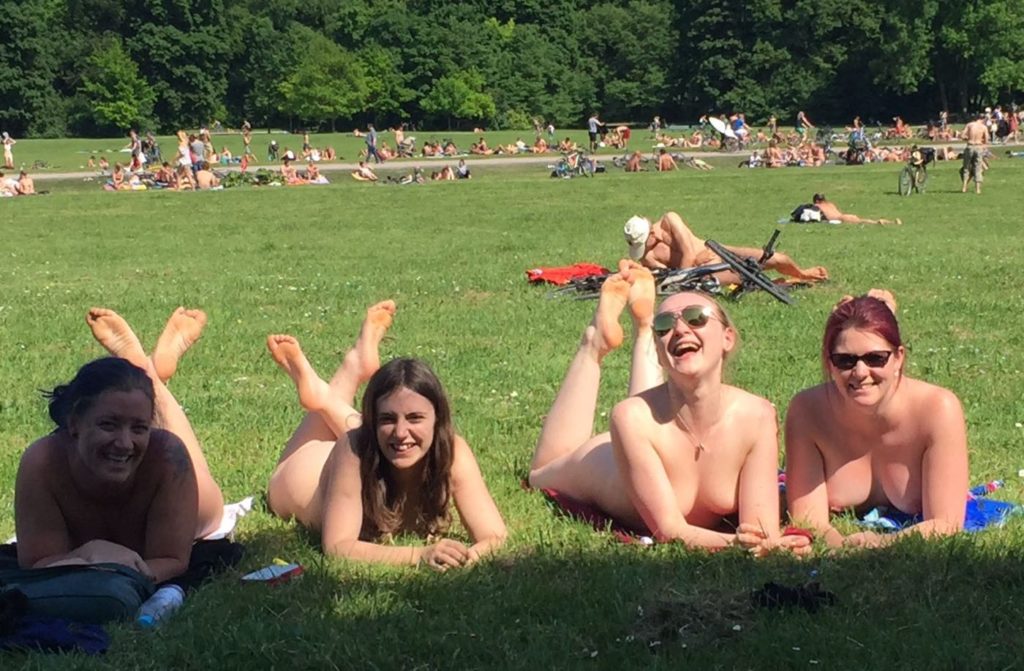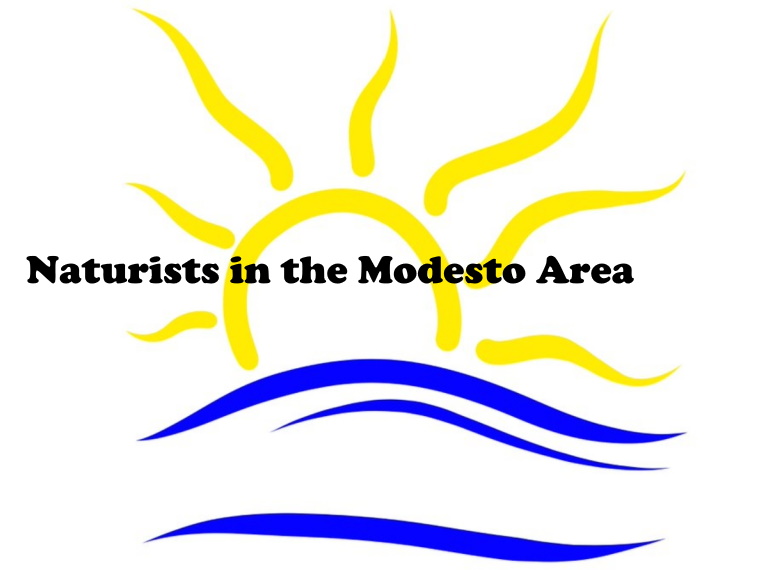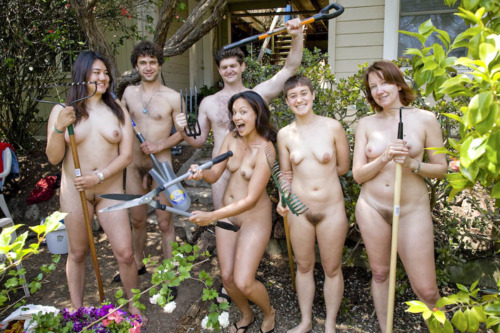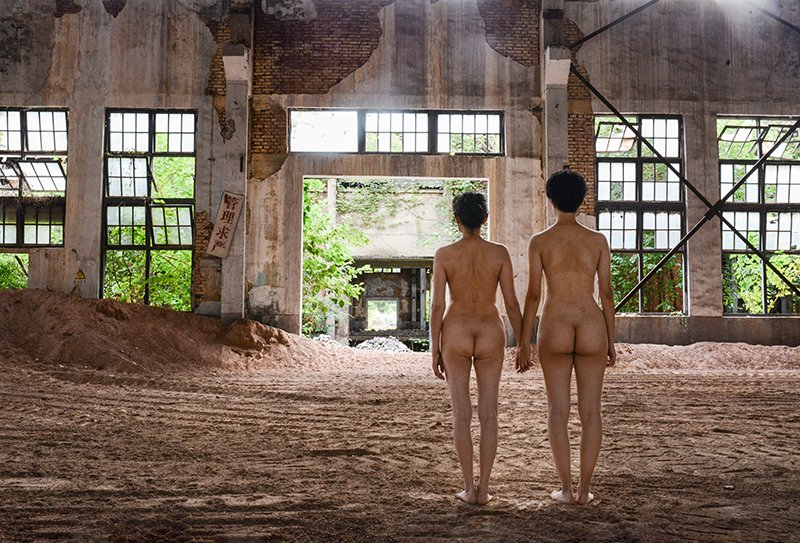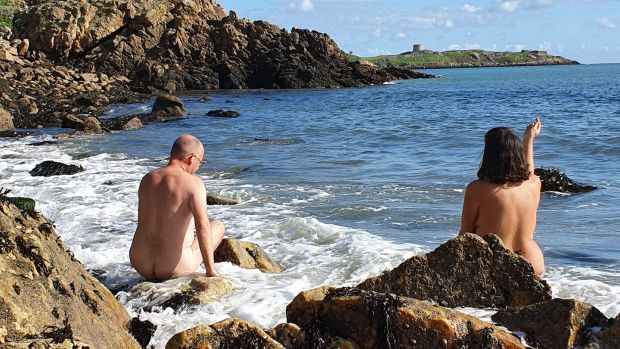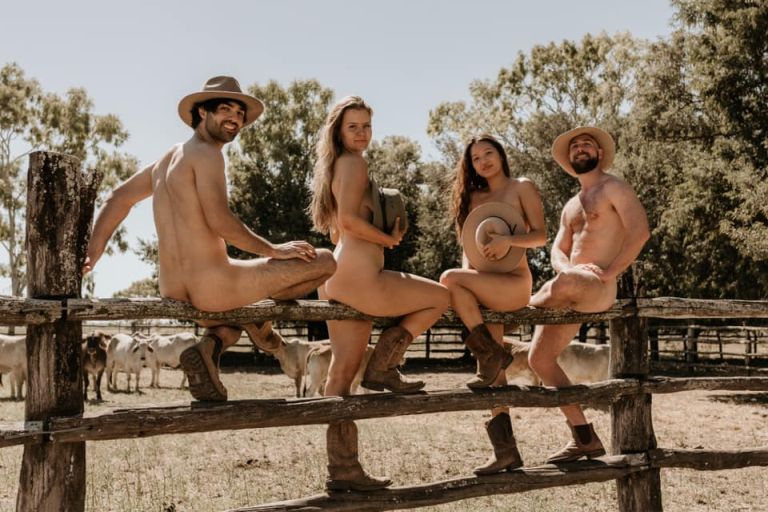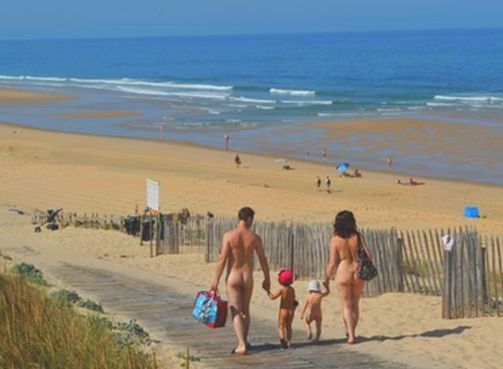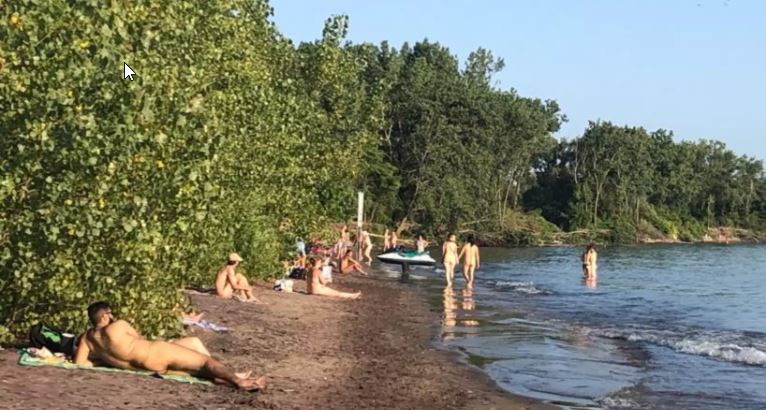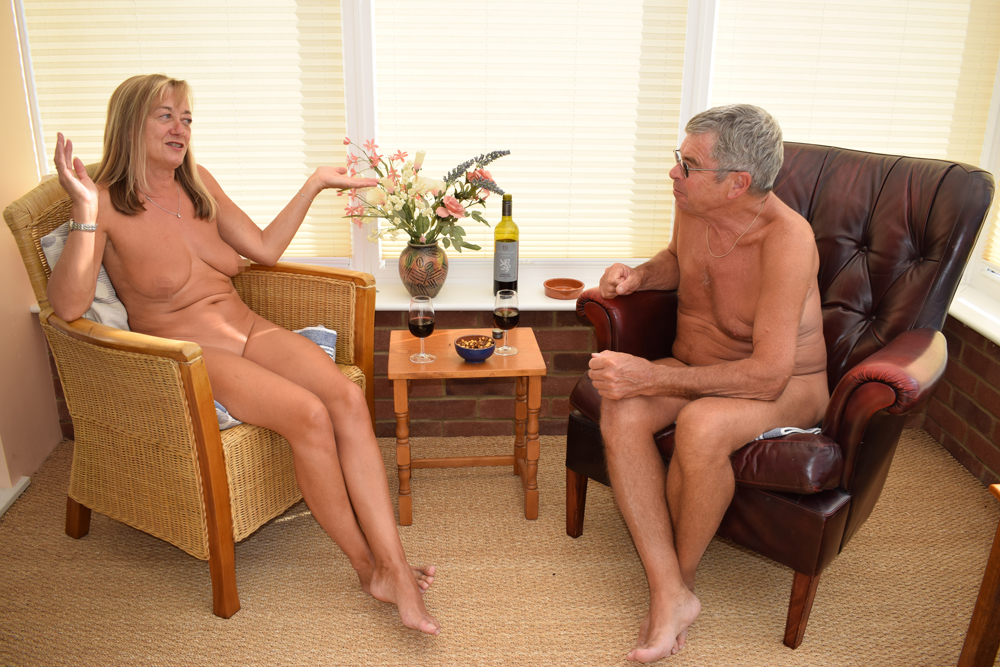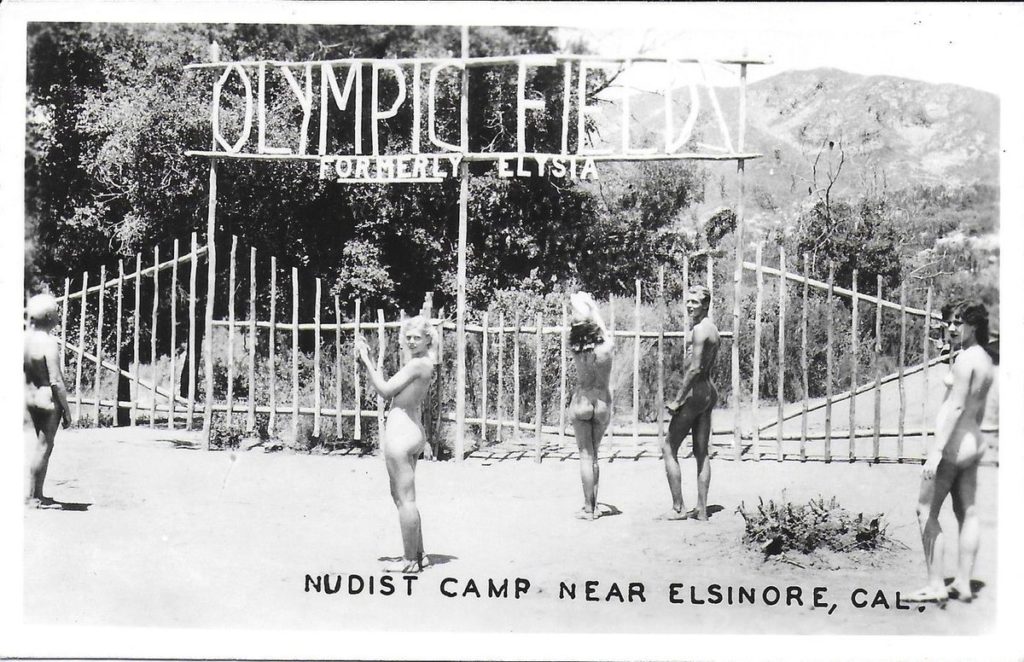- Why Germans love getting naked in public
Like almost all generalizations about particular societies and cultures, this is a popular stereotype that has some truth to it, but only partially. The truth here is that a larger percentage of Germans enjoy public nudity occasionally than in most other countries. Munich’s Englischer Garten (pictured above), which has had nude use since the 1960s, as well as banks along the Isar river, are popular places for public nudity. But the percentage enjoying public nudity is still hardly a majority.
Even if the percentage of Germans who are naked in public parks, beaches, spas, saunas, etc. is, say, 25%, it’s not certain whether the generalization is valid. There’s probably a greater tolerance of public and private nudity in Germany than in almost all other countries, and that’s good. But it’s unclear whether the trend of popularity of and tolerance for public nudity is up or down. The headline of the article is, at best, misleading.
The article itself observes that
“Since East Germany merged with the larger West in 1990 and restrictions lifted in the former communist state, FKK culture has declined. In the 1970s and ‘80s, hundreds of thousands of nudists packed campgrounds, beaches and parks. In 2019, the German Association for Free Body Culture counted only 30,000-plus registered members – many of whom were in their 50s and 60s.”
But the low figure of FKK members is itself misleading. It’s usually possible to enjoy naturism and social nudity without belonging to a large organization. Around the world, the tendency in most types of formal organizations – from scouting groups to fraternal lodges – is that membership has been steadily declining. But membership in a formal organization simply isn’t any more necessary for participating in social nudity than for pastimes such as playing tennis or chess. Most such things are personal lifestyle choices that don’t require membership in an organization – many of which do continue to exist.
Various factors can account for the membership decline. Many of them affect membership organizations in general, not just those related to naturism. There are, however, a few that may specifically affect naturism. For one thing, if there are increasing numbers of people interested in a particular clothing-optional activity, private and pubic businesses such as swimming pools and gymnasiums can satisfy the demand either on a pay-per-use basis, or even by public funding. For instance, a public swimming pool in Spain.
For an example specific to Germany, there are estimated to be about 300 spa/saunas in the country, with nudity expected in most or all of them. There’s one other thing to consider with Germany. The climate simply isn’t as favorable for naturism as in Spain, Croatia, or southern France. Many German naturists probably visit such places as much or maybe more than places in their country. They’re also likely to enjoy social nudity indoors at spas and saunas for much of the year – or in their own homes.
Private naturist parks are much less necessary when nudity is permitted in public parks and other facilities, as well as many outdoor areas (hiking trails, lakes, rivers, etc.). In countries like Spain, Germany, and even England and Ireland, nonsexual nudity is generally legal if it’s not intended to cause alarm or distress to others. So why pay dues to some organization just to enjoy not wearing clothes?
Another factor is that once an activity becomes more popular there’s less need to participate in it covertly in a private organization. The activity is, at least, respectable and tolerated, even if not preferred by a majority.
This suggests that the way forward for naturism in many countries isn’t mainly through large private organizations. Instead, it’s by establishing informal local groups and using them to promote public acceptance of naturism in local areas. The general public will have a better opinion of naturism if it earns favorable publicity and its members are respected local people. Larger national and regional naturist organizations are valuable when they regularly provide various clothesfree activities for their members. British Naturism is a good example.
- Erding Spa
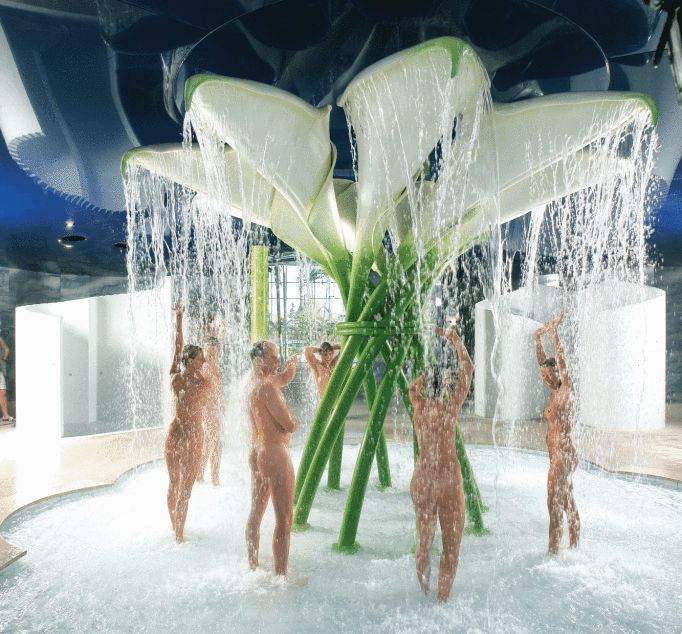
Therme Erding is one of Germany’s most popular spas. In fact, it claims to be the world’s largest spa. It’s located 31 km from Munich and accessible via public transportation. There are both textile and textile-free parts of the spa complex. The saunas are textile-free, as is normal in European saunas. According to the article cited, which is from a travel agency, the complex includes a wellness, massage, and beauty treatment center. There are also overnight accommodations. So it’s quite possible to enjoy a multi-day clothesfree vacation right there.
- Should I share with my friends and family that I am a nudist?
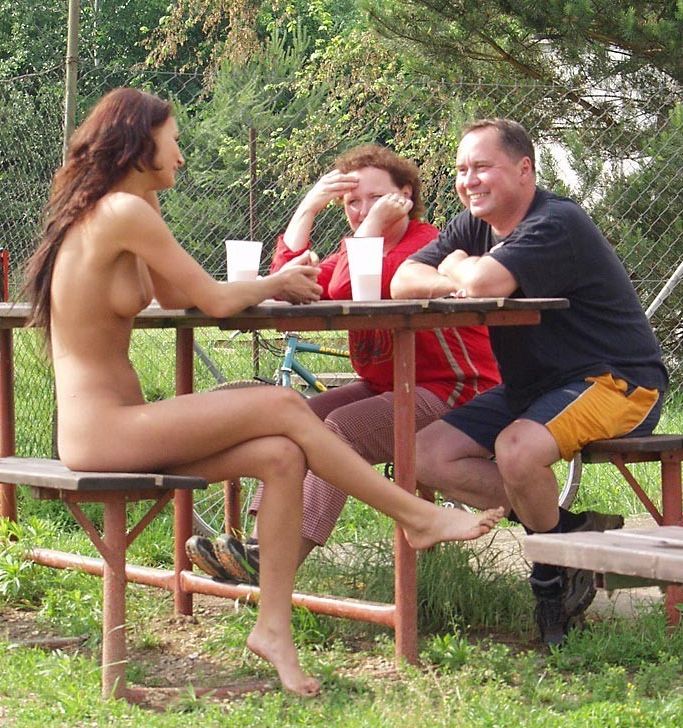
Yes, absolutely! Provided, that is, you can handle the possible negative repercussions. I just wrote at some length about why that needs to be done – when you’re confident that naturism is wholesome and good.
Here’s the short answer. When you tell your family, and they understand, from what you tell them, what’s so good about naturism, they should support you. Some may even start to enjoy being naked themselves. Of course, it’s a problem if they’re not sufficiently open-minded to appreciate your explanations.
When you tell friends you trust to understand your viewpoint, don’t discourage them from telling others they know who will be sympathetic with the idea. Eventually, some of those others will be people who also enjoy being naked, and they can become friends with you.
Another reason to tell people you’re a naturist is that it gives you a chance to explain what naturism really is, what naturists actually do, why naturism is often misunderstood, and why misconceptions about naturism are wrong. Not only does this help improve the understanding of naturism, but it lets you explain why you enjoy it so much.
- Naturism As A Lifestyle

For many people who enjoy naturism outside their homes, the focus is on places to go – beaches, clubs, resorts, cruises, festivals, etc. There’s certainly nothing wrong with that. Many of these people also enjoy being naked at home. But for others, habitual nudity simply isn’t a part of their everyday lives. That is, it’s not part of an encompassing lifestyle. This could be for various reasons. Perhaps some living in the home aren’t comfortable with nudity, or there may be frequent visits from neighbors, friends, and relatives who might not even be aware of their host’s fondness for nudity. Everyone needs to organize their lives in a way that works best for them and those they live with.
However, naturism is most fulfilling when it can be a regular and normal part of everyday life. Nudity is quite compatible with most things one typically does frequently at home – preparing and eating meals, cleaning and maintaining the home, or just relaxing with music, books, or video entertainment. But being considered a “lifestyle” entails more than that. It’s a set of attitudes and values that the human body is sufficient just as it is, and has no need to be covered in everyday life, except for physical comfort.
Clothing has practical value for keeping the body warm if necessary. But it also has a social function that tempts people to “dress up” to impress others, indicate social affinities, or create a possibly misleading personal image. By eschewing unnecessary clothes, naturists show that they value personal authenticity.
The citied article originally appeared here (in a way that was needlessly difficult to read).
- Oh! Calcutta!: How nude 70s stage show could still rouse the critics
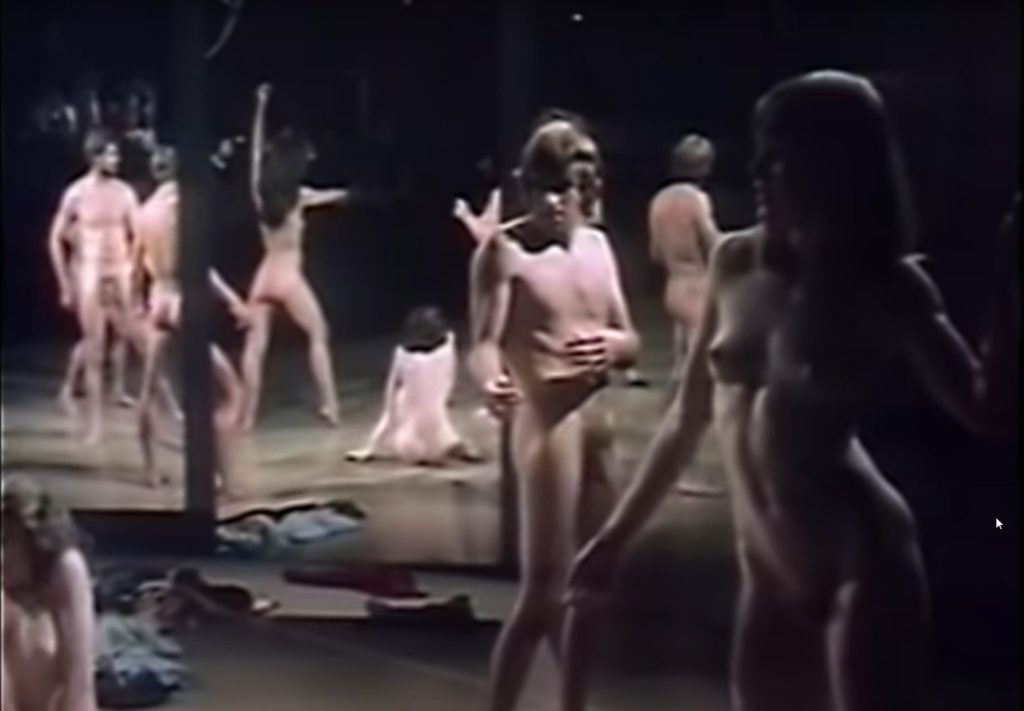
Few people born after 1989 – the year that Oh! Calcutta! was on stage in New York for the last time – probably have any idea of its significance. It was the first mainstream musical or dramatic production in which actors were on stage, fully naked and under good lighting for long periods of time. In much the same way as the Woodstock festival and naked hippies (1969), it represents just about the first time in recent history that the general public became aware that nudity need not be quarantined in art galleries, “nudist colonies”, or Playboy-like magazines.
I was fortunate to have attended several performances in New York and London. So what I can say about the show is based on actually having seen it, not merely read about it. As one of the actors, Linda Marlowe, is quoted in the cited article saying, “society has moved on and no one would accept a lot of it now. I’ve always considered myself a feminist but at the time I think we found the material less of a problem than we would now.” She also notes that the scripts were entirely the work of male authors, some of the sketches involve male fantasies, women are victims in some sketches, and there’s nothing from the LGBT point of view.
Well, sure. We’re talking about something that first appeared 50 years ago. Hairstyles, for example, popular with young males were also different at that time (long sideburns but few beards). Many of the sketches even then were regarded as “campy” – absurdly exaggerated, artificial, or affected in a usually humorous way. Many of them had sexual themes (novice swingers, a song about masturbation). However, some of the dance numbers, such as the closing act (watch here) and “Oh Clarence” were very good.
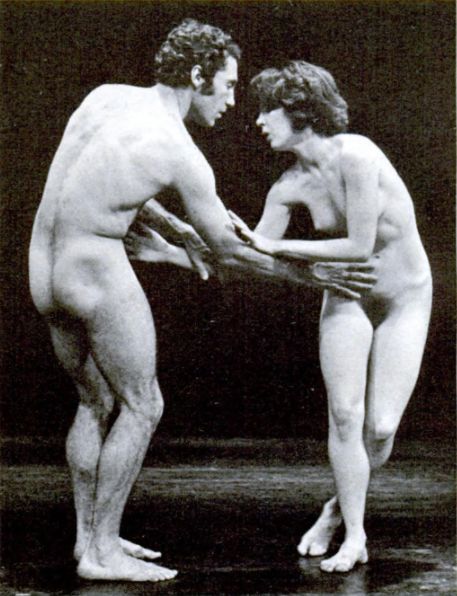
What, then, is the significance of Oh! Calcutta! for naturists today? Paintings and sculptures of nudes had been part of mainstream culture for centuries. Photography of nudes had been also since shortly after cameras were invented. But Oh! Calcutta! made artistic, live, open nudity something that the English-speaking general public could witness – if they chose to. It was an early, tentative step toward the normalization of nudity.
Nowadays live full nudity in public performances of many kinds isn’t exactly common – but neither is it quite rare. There are numerous examples:
A variety of events in which anyone can participate naked – such as World Naked Bike Rides, Bare-to-breakers marathons, public body painting, and the Fremont Solstice Parade – are also offshoots.
- An Interview With Holistic Business Coach Jamie White
Jamie White contends that “the problems we have in our personal lives are likely to impact our professional life.” Clearly, if a person in a position of responsibility has personal problems that occupy too much of his/her attention, the person’s professional responsibilities may suffer.
A situation where Jaime would be expected to swim nude troubled him. Since he had no experience swimming nude “It brought up a lot of fear, anxiety and worry in me.” Any unfamiliar situation, not just nudity, could have the same effect. After examining the fears and worries he realized they actually did more harm than good. He decided the worries were unfounded and interfered with obtaining something he wanted. So he dismissed them.
This is a good approach that naturists can use to persuade others that embracing nudity in suitable circumstances could be rewarding. As a naturist, by credibly explaining how naturism has enhanced your life, you can argue it’s worth the effort to overcome fears and worries about nudity. So you may gain another person to enjoy nudity with.
Jaime concluded that “if more people were openly naked for example say whilst swimming, sun bathing, in saunas, beaches etc. it would help people have more confidence in themselves and also less bodily anxieties.” And enhanced self-confidence is of value in becoming successful in many other activities besides naturism.
- Nudity and health
Here are three perspectives on a perennial naturist topic that’s been popular since the earliest days of naturism. It’s not always clear how nudity actually figures into these benefits. Perhaps the main thing is that naturists are more aware of their bodies than people who are almost always clothed. As a result, they’re inclined to take good care of their bodies. Clothed people, on the other hand, may be more likely to identify with what they wear than what they are underneath their clothes. Just a possibility.
- Fitness!
Among naturists the practice of naked yoga has received considerable attention. There are some yoga studios that offer occasional classes where students, and often teachers, may be naked. British Naturism too offers live naked yoga instruction by video, as well as a forum for discussion of the topic. But yoga is just one type of fitness exercise. General naked fitness training has also been available for some time but receives less attention. It’s also available online from British Naturism. A few online commercial services also provide naked yoga and/or fitness videos, although nudity itself might be the primary attraction.
I may do a whole post on the general topic, but the post cited here provides a high-level introduction to the idea. After all, most people know that vigorous exercise is usually good for health. Exercise equipment like treadmills, stationary bikes, rowing machines, etc. has been available for many years. But it’s often neglected after a few months since, candidly, using it is rather boring. Being naked while using it, however, could be an effective solution for that problem. Certainly a good excuse to strip off, if you need one, especially if you sweat heavily.
- 7 Benefits of Sleeping Naked: You Really Should Know
I noted here that there are many articles on the health benefits of sleeping naked. This is yet another one. Of the 7 benefits cited, the most cogent may be that any clothing can become constrictive and interfere with blood circulation. That means less oxygen to all parts of the body and inhibited removal of CO2. When you’re asleep you won’t be able to adjust clothing that becomes too tight.
- Health benefits of being naked
Although rather skimpy on details, this piece suggests that “Wearing restrictive clothing can cause excessive sweating which may lead to inflammation of the skin follicles, rashes and breakouts. Going bare gives your skin a chance to breathe.”
- Naked Run 30: Bare Burro 5k
Naked running is an activity that’s popular with a certain subset of naturists. Since the typical race distance is 5 km – about 3.1 miles – participation isn’t exactly limited to super-athletes. Things like this are as much social events – with activities sometimes spread over a weekend – as athletic competitions. The event description itself notes that “it’s three days of sun and fun and runs and relaxation.” And that’s fine, since it’s for people who simply want to challenge themselves, especially if they can do it naked. The event described here – the Bare Burro 5K race – is held at Olive Dell Ranch in southern California.
If you’re interested in this sort of thing and southern California is conveniently located for you, another run, the “Bare Booty 5k Fun Run“, is scheduled for September 26, 2021, at DeAnza Springs Resort.
- Best Places in the World to Vacation Naked
I’ve mentioned the site, gogirlfriend.com, before as a useful resource for women interested in getting naked on vacation. The present article is subtitled “Top Nudist hot-spots that will blow your mind”. Among the possibilities listed are nude cruises, a mineral spa, a genuine nudist/naturist resort, an Australian beach, and a nude hot spring. All of these are high quality, although whether they’re truly “best” in the world is disputable. Unfortunately, most of the other options definitely offer “more” that isn’t naturist.

